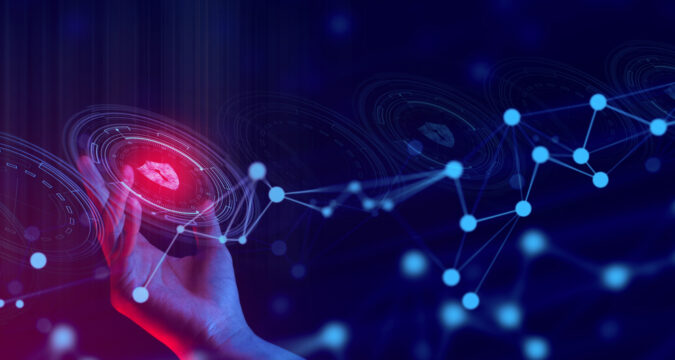
Introduction
Tokens are unmined register entries on a blockchain. Tokens are used within and outside of cryptocurrency markets. They can be redeemed for RWAs or real-world assets such as gold and property on an off-chain basis. This article sheds light on Tokenization and its utility in the blockchain industry.
What is Data Tokenization?
Data tokenization is the process of incorporating sensitive and private information into unique identity symbols. It means that investors can access tokenized assets without revealing personalized information. It is very valuable for businesses that need to transfer company data digitally.
Many MSMEs use tokenization to gain better security for credit card transactions and e-commerce dealings. Tokenization is used in various sectors and industries namely blockchain, health care, criminal investigation, driver data, debt automation, trading, voting, and even banking activities. Tokenization grants protection for online data transfer operations.
Data tokenization is a way to exchange private information with non-private investigation. This non-sensitive information is termed a token. Here are some common ways to create tokens:
- Creating a cryptographic function based on the rules of mathematics using a key.
- Generating a non-reversible hash that is secure and immune to data manipulation.
- Printing index functions or randomized number-generator to create a unique ID.
Differences Between Data Tokenization and Encryption
Both tokenization and encryption are ways to protect data. Nevertheless, they are distinguishable from each other. Encryption converts plain-text data strings into an unreadable format called ciphertext. This format is only readable using a secret key.
The whole process is done based on a mathematical function that is applicable in various fields such as communication, data storage, verification, digital signature, and compliance.
Meanwhile, tokenization is the process of replacing sensitive information with neutral IDs that are known as tokens. Tokens do not need a secret key to decipher the sensitive information.
A good example of tokenization is a token issued to represent a credit card. It does not replace the credit card number but allows the users to perform transactions without revealing their credit card information.
How does Data Tokenization Work?
Data tokenization can help an individual move from one social media account to another. The user can generate a new social media ID and enter their personal information from scratch.
However, their connections and streaming history do not move to the new ID. But the user can utilize tokenization to transfer their old Id from the old to a new platform.
The user can create a digital wallet account with protocols like MetaMask and a unique wallet address that represents their on-chain identification. With this MetaMask ID, the users can connect their MetaMask wallet with the new ID.
It will automate the transfer of connections, assets, and history to a new platform. It means that all the token trades, NFTs, and transaction data will be synced with their new identity.
Advantages of Data Tokenization
Here are some important applications associated with tokenization:
Tokenization offers better data security. It means that it is possible to replace sensitive data using tokens. Such that hackers have a harder time reaching the protected information. It means improved security against potential scams, frauds, and other types of cyber-attacks.
Tokenization allows companies to implement stringent data protection regulations. It means tokenization reduces the chances of non-compliance. Tokenized data is less vulnerable. At the same time, it lessens the burden of security audits and streamlines data management.
Tokenization secures data across various trading platforms, merchants, and partners. It is because commercial entities can share their data without disclosing personal information. Tokenization scale data management while cutting operational costs.
Risks of Data Tokenization
Here are some important risks that are associated with data tokenization:
Tokenization can harm the quality of data and its accuracy. During the tokenization process, it is possible to lose small fractions of information.
Interoperability is the ability of digital entities to share information. Tokenization can limit interoperability such as receiving email notifications and phone calls or messages.
There are some ethical and legal uncertainties associated with tokenization because it grants control over the protected data. It means that Tokenization governance control can dictate how it is used and shared.
Recovering data can become more complicated due to tokenization. Organizations in control of tokenized data have to grant authorization to reveal the underlying information.
Conclusion
NFTs and social media platforms represent the most utility for tokenization. Social media platforms can collect user information as part of their free-account creation policy. However, users can have better data control using tokenization.
NFTs can be used for fractional and wholesale of tokenized assets. Keeping in view the importance of tokenization it is imperative to keep an eye on the latest advancements in this sector.




